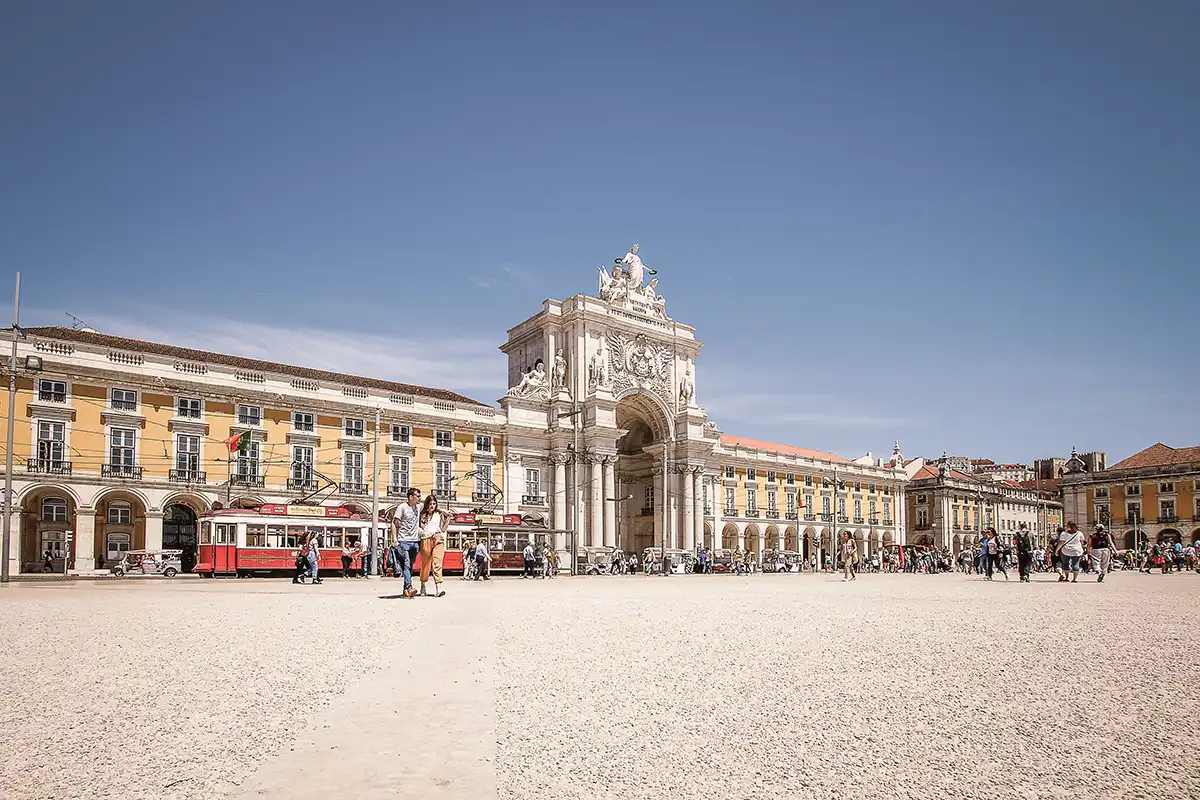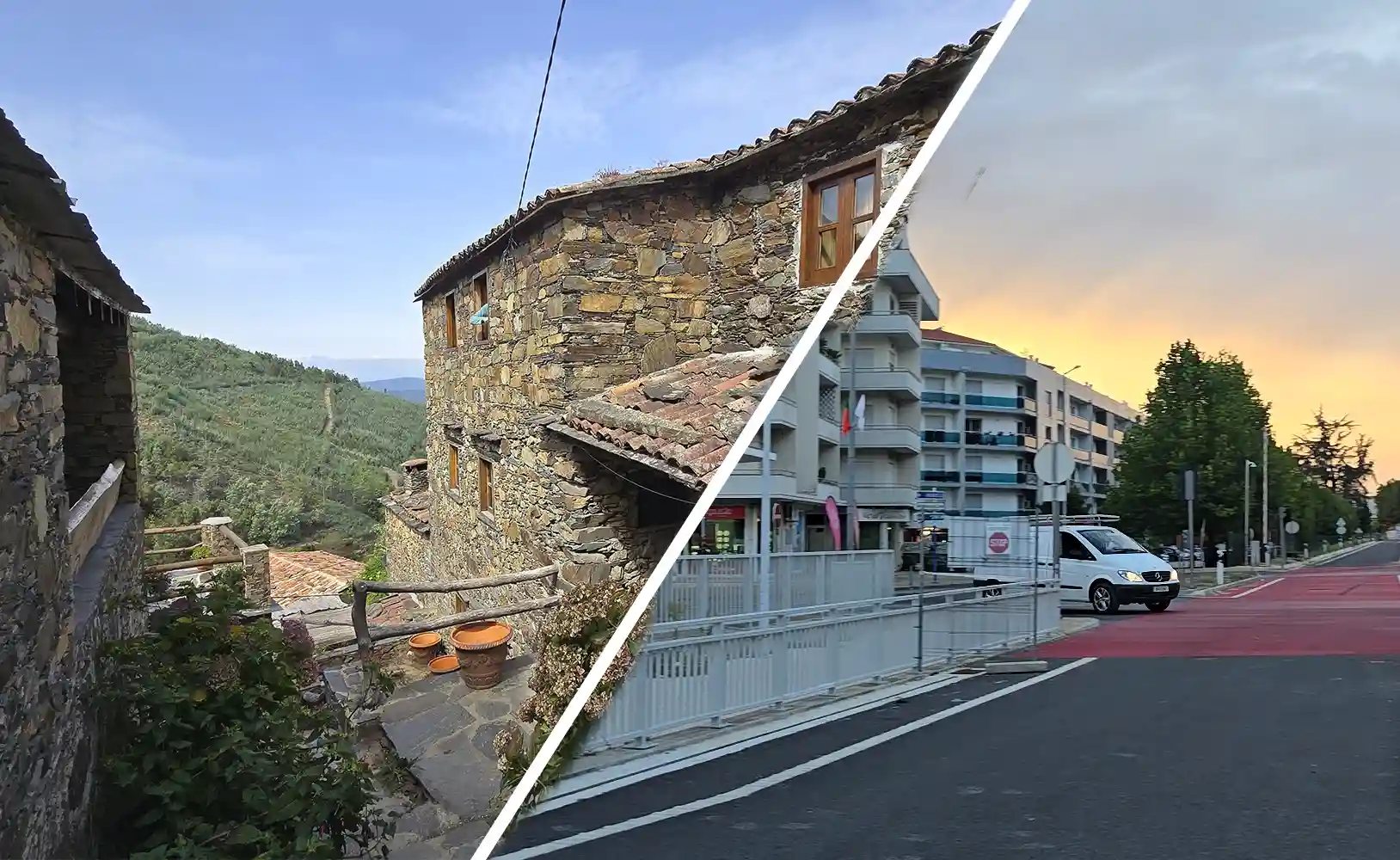Portugal’s Parliament has just approved major changes to the country’s nationality law — a move that’s sparking a lot of questions among expats and future residents. The law was approved on Thursday, November 28, 2025, with a strong majority of 157 votes, making it very unlikely to be reversed.
Here’s a clear, simple breakdown of what has changed, who it affects, and what it means for those planning to live or invest in Portugal.

1. Residency Requirements for Citizenship Have Increased
Until now, foreigners could apply for Portuguese nationality after five years of legal residence in the country. Under the new law, the required residency periods have changed significantly:
- Citizens of Portuguese-speaking countries (e.g., Brazil, Angola, Mozambique) and EU citizens (excluding the UK) must now reside in Portugal for seven years before applying for nationality.
- Citizens of all other countries must complete ten years of legal residence to qualify.
This is a substantial shift for non-EU nationals, doubling the time required to obtain citizenship.
The new rules take effect immediately after publication — there is no transition period. This means that even residents who were close to meeting the five-year mark will now need to comply with the new timelines.
2. End of Automatic Citizenship for Jewish Applicants
Another major change concerns citizenship through Jewish heritage.
For years, Portugal granted nationality to descendants of Sephardic Jews as a gesture of goodwill following the persecution during the Inquisition. However, this special pathway has now been eliminated.
Applicants can no longer obtain Portuguese nationality solely based on Jewish descent.
3. New Rules for Citizenship by Marriage
Previously, a foreigner married to a Portuguese citizen could request nationality almost immediately after marriage.
The new law introduces a minimum of three years of marriage and cohabitation before an application can be made. This change aims to ensure the stability of the relationship and prevent fraudulent nationality claims.
4. Citizenship by Descent: Still Possible, With Minor Adjustments
If you have Portuguese ancestors, this part of the law remains mostly unchanged. You can still apply for nationality if you have:
- A parent or grandparent who was Portuguese or born in a Portuguese colony and lived in Portugal.
For great-grandchildren, nationality may still be possible — but only after three years of legal residence in Portugal.
5. When Does the Residency Clock Start?
One of the most common questions concerns when the countdown toward nationality begins.
Portugal’s immigration service (AIMA) has often been criticized for delays in issuing residency cards, sometimes taking months or even years. Fortunately, the new law clarifies that the “nationality clock” starts from the moment you become a legal resident — not when you receive your physical card.
This means your time in Portugal will still count even if AIMA is slow to process your documents.
6. Stronger Cultural and Language Requirements
Applicants for Portuguese nationality will soon need to meet stricter requirements.
A new test will include higher expectations for:
- Portuguese language proficiency
- Knowledge of Portuguese culture and history
- Basic understanding of the country’s legal system
While the details of this new test haven’t yet been finalized, it’s clear that Portugal wants new citizens to have a deeper integration into the country’s society and values.
7. Losing Portuguese Nationality After Serious Crimes
Another controversial update is that it will now be possible to lose Portuguese nationality if a person commits a serious crime.
This measure will only apply in limited cases and must be decided by a court, not by the state directly. It can only occur within two to five years after obtaining nationality and only if the crime carries a prison sentence.
Supporters of the change argue it helps maintain the integrity of Portuguese citizenship by discouraging criminal activity among new nationals.
8. No Retroactive Enforcement or “Backdating”
Some initial reports suggested the law might be retroactively applied to earlier dates — for instance, counting from June 2025. However, this will not happen.
As in previous cases (such as the Golden Visa reform), Portugal’s Constitutional Court does not allow retroactive application of new laws.
If your residency was already valid before the law’s approval, you will transition under the new timelines from this point forward — but no changes will be backdated.
9. What This Means for Expats and Investors
While the changes may feel disappointing for those close to obtaining nationality, they are unlikely to affect most residents in practical terms.
Even without citizenship, legal residents in Portugal still enjoy nearly all the same rights as nationals, including:
- Access to public healthcare
- Education for children
- Work and business opportunities
- Voting rights in local elections
The main differences are that non-citizens cannot vote in national elections and do not gain EU-wide free movement rights.
The new nationality law represents a shift toward greater regulation and integration in Portugal’s immigration system. It may slow down the path to citizenship, but it also reinforces fairness and ensures that nationality is granted to those genuinely committed to living in Portugal.
If you’d like to learn more about moving to Portugal or finding the right area for your lifestyle and budget, visit www.savvycatrealty.com or reach out to us directly at contact@savvycatrealty.com.
We share new insights every week about life, property, and relocation in Portugal — so stay tuned for more!







